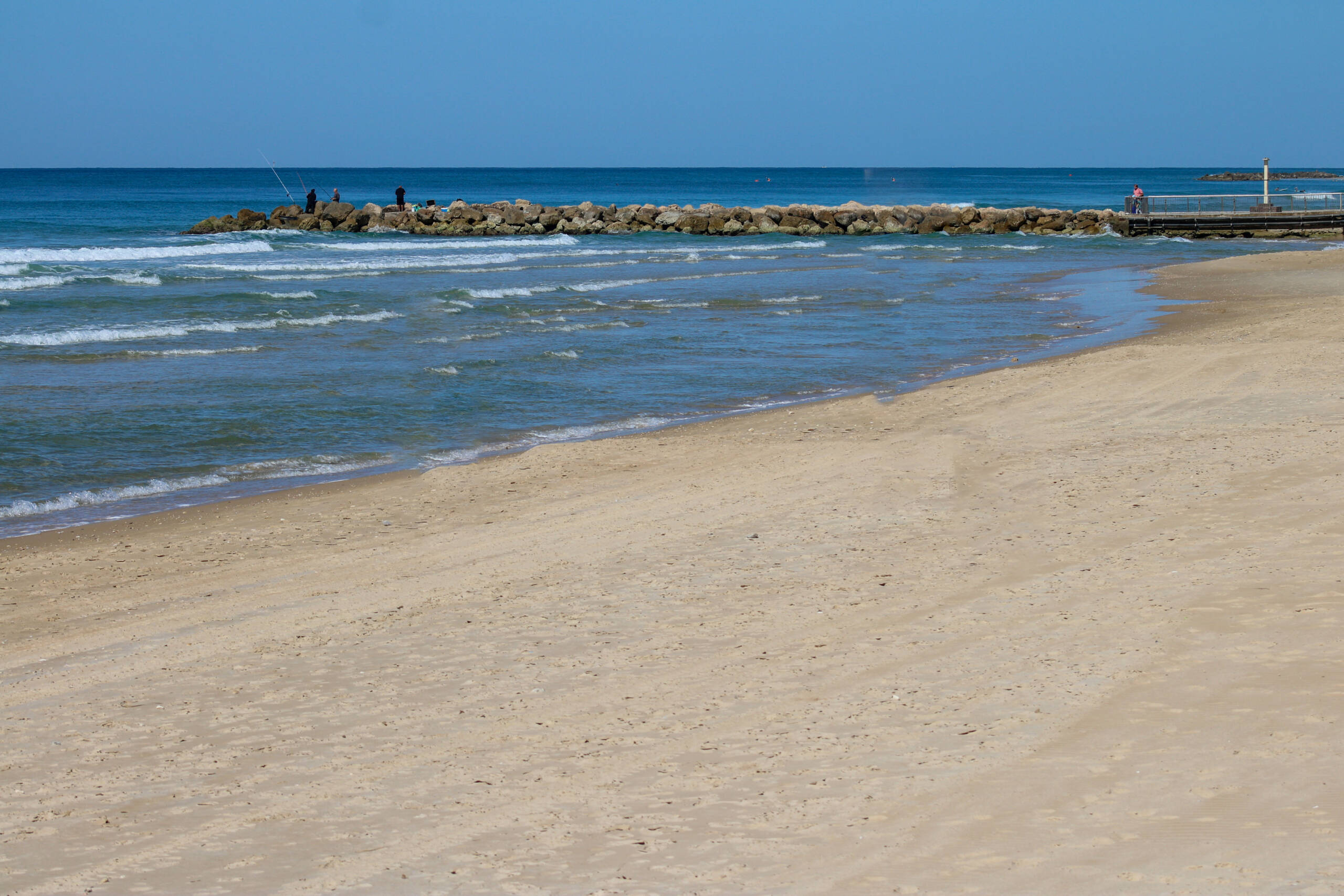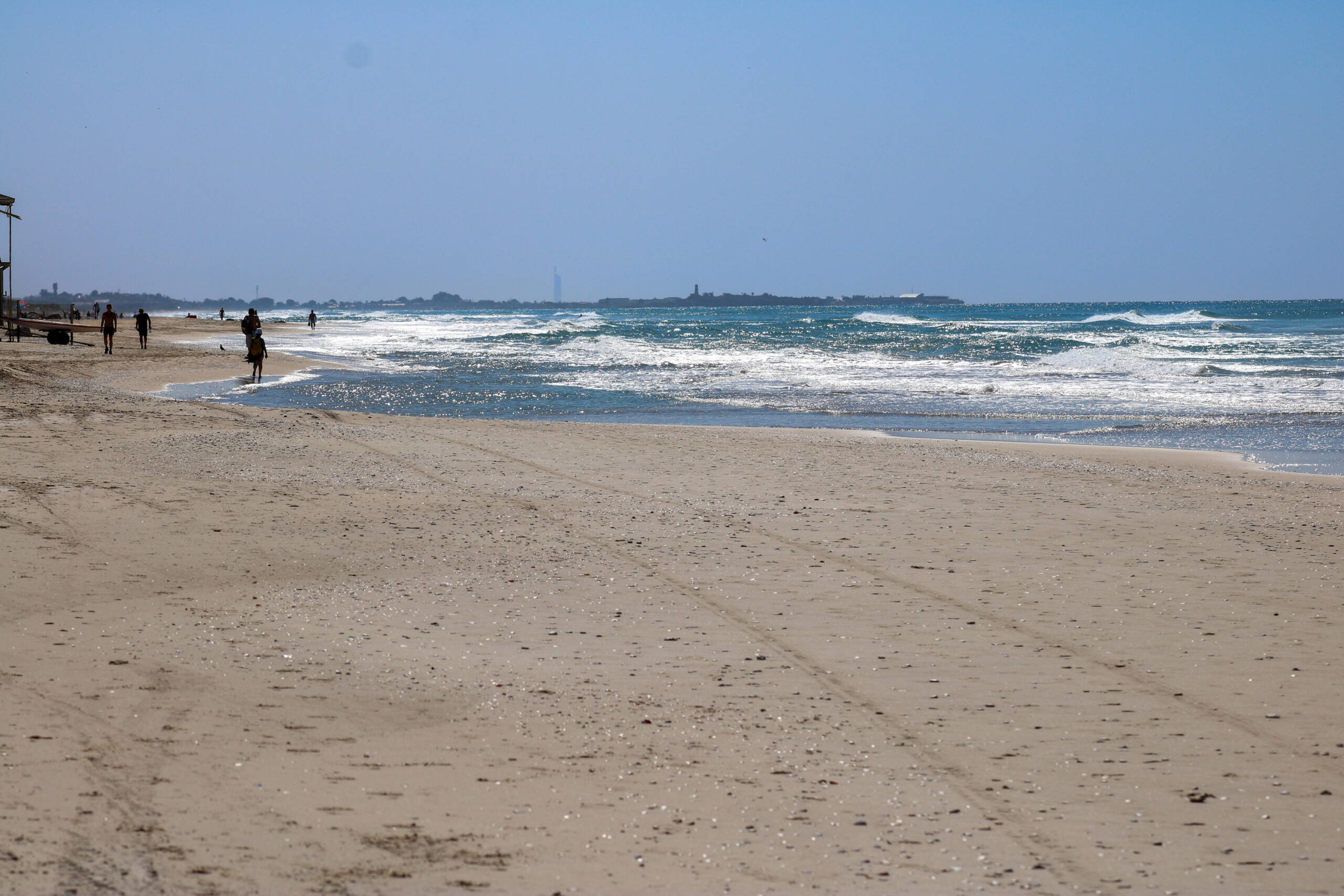October in Haifa is usually the perfect time to enjoy the city’s stunning coastline. As the intense summer heat eases into comfortable warmth, locals and tourists alike flock to the beaches, savoring the Mediterranean breeze and the sun that still lingers late into the season. The waters become an inviting escape, and the sand welcomes crowds for long, leisurely afternoons. This month is widely regarded as one of the best for beachgoers, with fewer crowds and idyllic weather, marking the final hurrah of seaside leisure before the cooler winter months set in. But this year, the familiar scene has been replaced by unsettling quiet, as the beaches stand deserted due to the conflict with Hezbollah.


The decision by Israel’s Homefront Command to close the beaches reflects the gravity of the situation along the northern border. Where families would normally be spreading out picnic blankets and children building sandcastles, the beaches now lie still, marked only by the occasional footprints of a few walkers or the soft rumble of distant waves. A handful of fishermen can be seen standing on the rocky breakwaters, their rods silhouetted against the vast, empty sea, embodying a sense of quiet defiance. Yet even their presence feels like a stark reminder of the tension lurking just beneath the surface—a tension that has momentarily disrupted Haifa’s cherished October traditions.
The sight of these empty beaches is a jarring contrast to the natural beauty that surrounds them. The Mediterranean waters remain calm and clear, their deep blues shimmering under the midday sun. The fine, golden sand stretches undisturbed, save for a few tire marks or footprints left behind. Offshore, the gentle waves roll in a steady rhythm, as if oblivious to the realities unfolding on land. Beyond the shore, the faint outline of Haifa’s urban skyline stands hazy in the distance, a poignant reminder of the proximity between civilian life and the looming conflict.
This unseasonal stillness along Haifa’s coastline serves as a sobering reflection of the broader challenges the region faces. What is usually a month to relax, reflect, and enjoy nature’s gifts has instead become one marked by vigilance and precaution. The beaches, symbolic of leisure and freedom, are now a silent testament to how swiftly conflict can alter daily life. As residents of Haifa adjust to this unexpected reality, they also look ahead—holding onto the hope that these closures will be temporary and that life along the coast will soon return to its joyful, carefree rhythm.
For now, the beaches remain suspended in time, a beautiful yet haunting reminder of what has been lost, if only for a moment. And as the Mediterranean continues its quiet dance with the shore, Haifa waits—its people resilient, knowing that even in uncertain times, the waves will keep coming and the beaches will one day be full again.
Leave a Reply